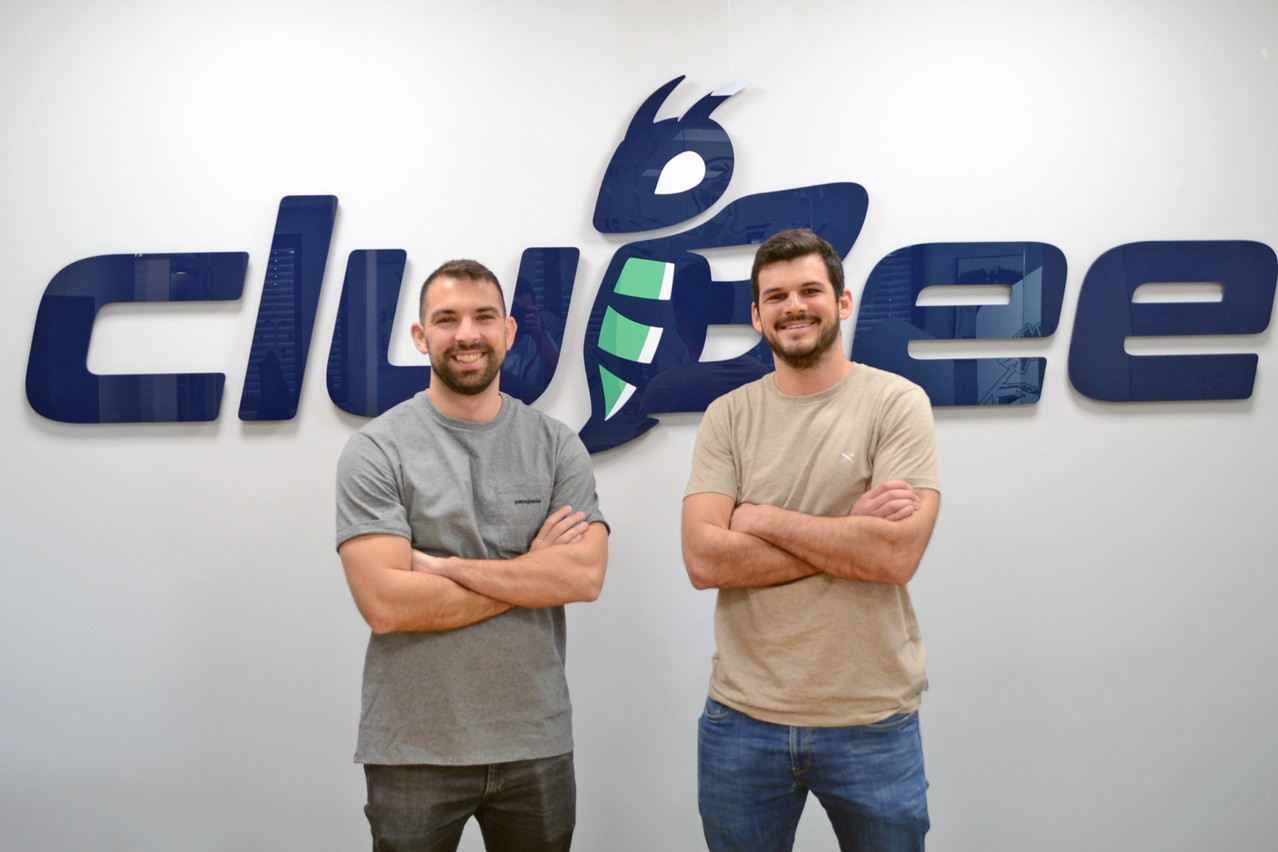“It’s a major shakeup,” says Gilles Mangen of Luxembourg startup Clubee.
“Before, it all happened on the pitch. And these days that still matters, of course, but it’s no longer the only thing that matters. And that’s why everything is being thrown into the blender…”
The current wave of digitalisation is sweeping over the sports industry, a bit more slowly than it has in other places, but it’s here--and it is bringing huge opportunities for clubs and federations. “Up until maybe one or two years ago, clubs were just not used to spending money on technology,” Mangen says, explaining that funding went towards players and player performance instead.
No longer. “That is rapidly changing, because more and more organisations understand that the only way to become better on the pitch is to become better off the pitch.” Doing so, he continues, means investing in the organisation, which inevitably means investing in technology. Larger organisations tend to understand this concept better, he adds.
When Clubee was launched seven years ago, Mangen and his team spent time educating people on the advantages of technology in sports. “That, these days, is a bit less necessary,” he comments. “People have become aware of the potential that technology can bring. That is a very big market shift.”
What kind of potential?
Clubee has the ambition of becoming a European leader in sports tech. The company has been focusing on club management, with an AI-powered virtual assistant that helps sports clubs or federations with various organisational tasks. The vision is for this assistant to be proactive, for example by suggesting a new communications campaign when engagement is down or by offering to invite sponsors to an upcoming event.
In this, the startup helps organisations with their core problems--lack of time, professional knowledge, workers and funds--by taking over administrative tasks. “Anything you can think of that could be automated through technology, we want to automate,” says Mangen. By worrying about the details, the virtual assistant enables owners, managers and volunteers to focus on bigger-picture decisions.
The concept sounds well-suited to any organisation, and indeed Clubee has a few non-sports associations as clients, but these are exceptions.
Why? In a word, data. “In sports, you have a lot of data,” Mangen explains. “You have competitions, results, performance analysis, medical data… it’s much more data to work with than in other types of organisations.”
“And of course,” he adds, “it’s a passion. We see that sports are so good for society, which is why we want to push the growth of sports and the professionalisation of sports.”
Growth startup
Clubee is already the market leader in Luxembourg (“by far,” says Mangen) and is working on establishing a similar position in the six other countries where it operates. Among the 3,000 clubs on the platform are 14 out of the 16 teams in the BGL (Luxembourg’s top football league) as well as ice hockey, cycling and rugby organisations. “In Belgium we have some bigger clubs using it too, in Germany some federations--in Spain lots of clubs as well.”
According to the CEO, Clubee actually has no real competitor at the moment. It used to compete directly with other website management tools, but its virtual assistant is novel for the industry.
The startup has 15 employees and has raised €2m to date. It is currently in another round of fundraising, with a goal of €1.2m.
